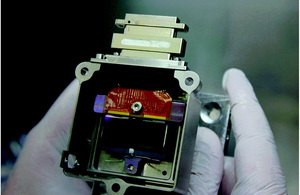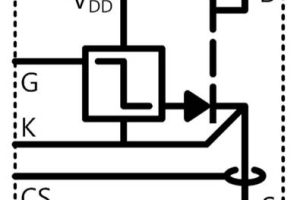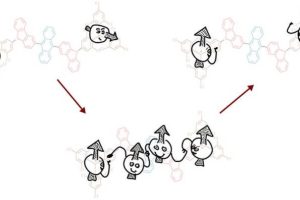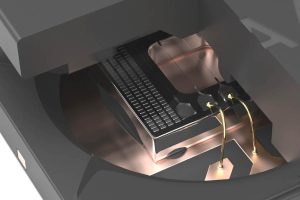Now in its sixth year of awards, EW BrightSparks sees Electronics Weekly highlight and celebrate some of the brightest and most talented young engineers in the UK today. Here, in our series on the latest EW BrightSparks of 2023, we highlight Kate Lucas, an engineering student at Cambridge University. Achievements Kate has been Co-President of the Cambridge University Robotics (CUR) ...
Tag Archives: University of Cambridge
UK funds science projects for Moon, Mars and Venus
The UK is funding scientists and engineers to work on a series of international space science and exploration projects involving the Moon, Mars and Venus. The UK Space Agency (UKSA) has announced the allocation of £7 million under the Space Science and Exploration Bilateral Programme. The seven projects involve the universities of Aberdeen, Cambridge, Leicester (twice), Royal Holloway, Sussex and ...
Cambridge GaN Devices gets development deal with PSU maker
Power IC company Cambridge GaN Devices (CGD) has signed a deal to develop power adapters and data centre PSUs with Chicony Power Technology of Taiwan, and Cambridge University Technical Services (CUTS). “Chicony Power is one of the leading SMPS manufacturers in the world, so this agreement represents an incredible milestone in CGD’s journey,” said CGD CEO Giorgia Longobardi. “Chicony Power ...
GaN transistors get per-device barcodes, and adaptor boards for competitor’s footprints
Cambridge GaN Devices is adding package-top per-device 2D barcodes to its GaN power transistors, which can be read by customers using commercial code readers to reveal function, batch and position-on-wafer. “Although we have a great deal of data to prove the ruggedness and reliability of our hemts, GaN is still a relatively new technology, certainly when compared to traditional silicon ...
Molecules offer room temperature spintronic-light interaction
Led by the University of Cambridge, an international team of researchers has created materials in which the spin of un-paired electrons can react with photons at room temperature. “These unpaired spins change the rules for what happens when a photon is absorbed and electrons are moved up to a higher energy level. We’ve been working with systems where there is ...
Cambridge GaN Devices’ unusual 650V GaN transistors explained in video
Cambridge GaN Devices (CGN) has published a video explaining what is different about its novel 650V GaN transistors, which are actually GaN ICs that include circuits as well as the main power switch. The devices do not include a gate driver, but they do include a gate drive modifier circuit which allows any gate driver intended to drive a silicon ...
University of Cambridge spin-out Flusso bought for £28m
University of Cambridge spin-out Flusso has been bought for £28m “by a company and a global private equity fund focused on investing in semiconductor companies and other high-tech industries,” it said. So, who are they? “We’re not able to name the acquirers, their location or how they’ll share ownership,” A spokesman for Flusso told Electronics Weekly. In a statement released ...
‘Smallest’ air flow sensor is 3.5 x 3.5mm
Cambridge-based Flusso has announced what it claims is the world’s smallest air velocity sensor, at 3.5 x 3.5mm. “FLS122 has been specifically developed to enable board-mounted air velocity measurements for thermal management and filter monitoring in some of the most space-constrained and challenging environments,” said Flusso. Packaging is a 6pad DFN, with a specially-designed tunnel-lid optimised, said the company, for accurate measurement ...
APEC: Fabless UK GaN company reveals easily-driven power transistors, with current sense
UK fab-less semiconductor company Cambridge GaN Devices has finally revealed its initial product range, at APEC in Houston. The company is using monolithic GaN integration, branded ‘ICeGaN’, to modify the gate behaviour of GaN power transistors, without using cascode-pairing, to make them compatible with drivers made for traditional silicon mosfets. At the same time, it has added a current sense ...
Some neural networks will always be unreliable
Some neural networks can exist, but cannot be trained to be reliable, according to mathematicians at the Universities of Cambridge and Oslo. “The paradox identified by Turing and Gödel has now been brought forward into the world of AI” Matthew Colbrook (right) “Many AI systems are unstable, and it’s becoming a major liability, especially as they are increasingly used in high-risk ...
 Electronics Weekly Electronics Design & Components Tech News
Electronics Weekly Electronics Design & Components Tech News








